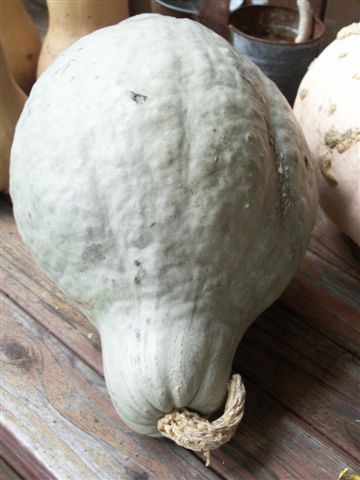
Wait! Don’t toss those winter squash and pumpkins into the compost (unless, of course, they are starting to rot). Make a golden yellow puree to have flavor and sunshine on a winter day. You will glad if you put them up for winter soup, stews, bread pudding, pies, cakes, scones, and more.
Okay, we’ve just celebrated Thanksgiving and we are moving on to the December holidays, so everyone is tired of those pumpkins and squash that we had decorating our homes, porches, and tables from October through November
| Remove peel after baking. | |
| Pureed, mashed, and cubed squash. | |
| Mashed squash. |
As long as the curcurbits have not frozen and thawed, they are still good to eat so don’t throw them away! Our garden-harvested squash and pumpkins that we are storing for winter should be kept in a cool dark place; I have a cold room in my basement where I keep onions, garlic, potatoes, squash, apples, canned goods, etc.
The huge squash and handsome pumpkins that I have been using for display are about to become puree. The blue hubbard–which weighs about 10 pounds–is my next project. Since these big squash and pumpkins are so hard to peel, I usually cook them with their skins on and then scrape the flesh from the skins.
To prepare, I will cut the squash in half or quarters and remove the seeds and stringy seed cavity. Then I will cut it into more manageable pieces and place it on a large baking pan with some water, or it could be steamed or boiled until tender. Once cool enough to handle, I will remove the flesh from the skins and puree it in my food processor with a little of the cooking liquid. Save the cooking liquid, whether boiled or baked, and use it as a soup stock.
I freeze the puree (you could leave some in chunks for a different texture in soups or stews) in 1-cup and 2-cup quantities in heavy-duty freezer zip-close bags. One cup is about the amount used in pumpkin or squash bread, muffins, scones, or cookies; two cups is used to make a pie; and four cups is used for a soup. When ready to use, just let the bag sit on the counter and thaw. Or empty the contents from the bag into a microwavable dish and place it in the microwave or a soup pot and heat gently until it has thawed. If there is a lot of excess liquid, you can just drain it off (unless you’re using it in soup).
I like using the chunks in soup and stews, and especially in black beans. I also roll them up in enchiladas with cheese and onions and smother them in green chile sauce. I love a pumpkin scone or muffin–with nuts and dried cranberries–and the puree is good in Indian pudding, bread pudding, waffles, and pancakes.
Try this easy recipe for Golden Loaf Cake; make a few of them to have in the freezer as easy holiday gifts.
Fine Gardening Recommended Products
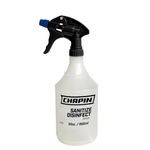
Chapin International 10509 Upside-Down Trigger Sprayer
Fine Gardening receives a commission for items purchased through links on this site, including Amazon Associates and other affiliate advertising programs.
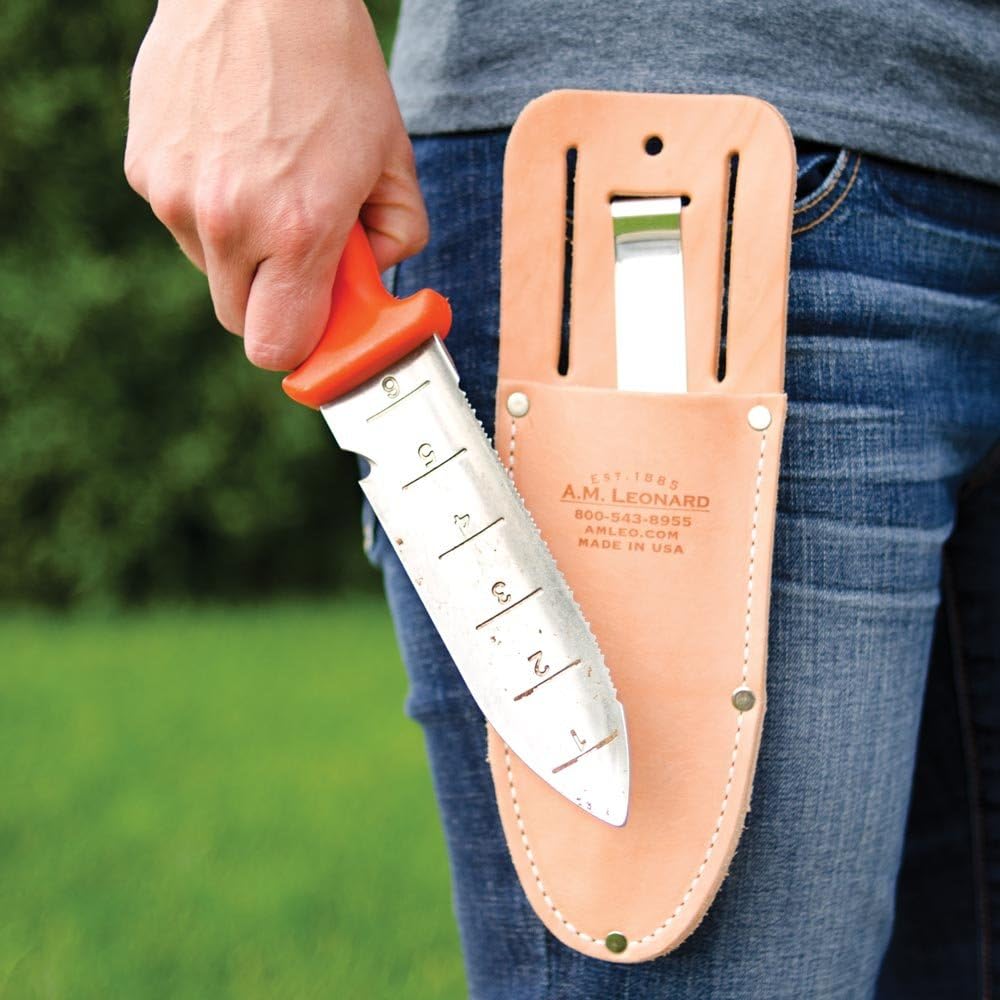
A.M. Leonard Deluxe Soil Knife & Leather Sheath Combo
Fine Gardening receives a commission for items purchased through links on this site, including Amazon Associates and other affiliate advertising programs.
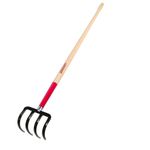
Razor-Back Potato/Refuse Hook
Fine Gardening receives a commission for items purchased through links on this site, including Amazon Associates and other affiliate advertising programs.


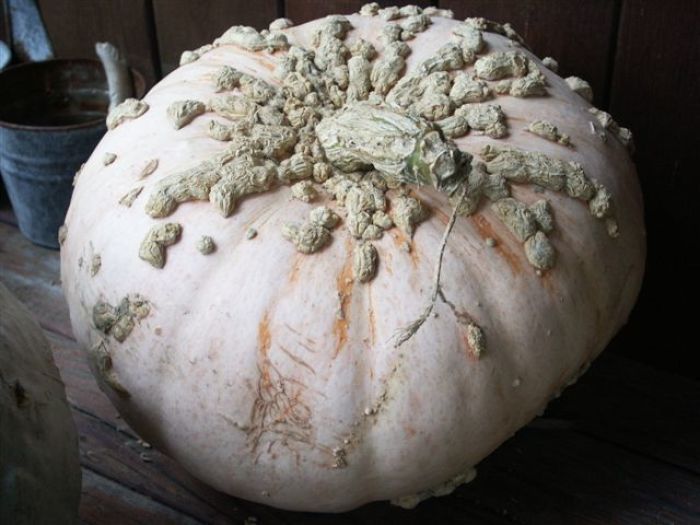
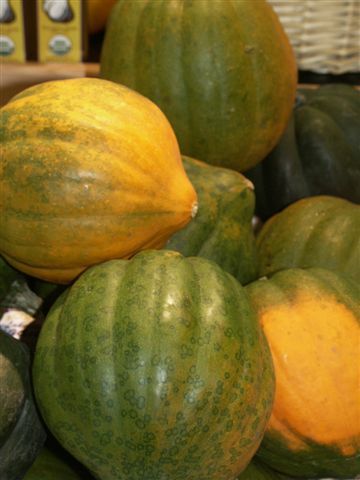
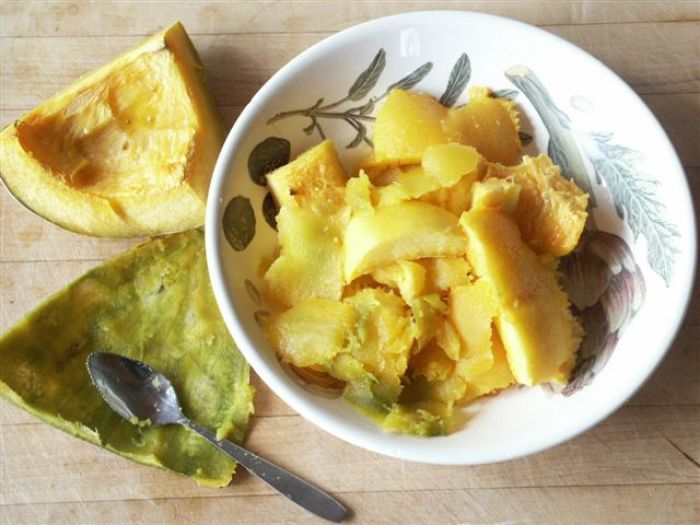
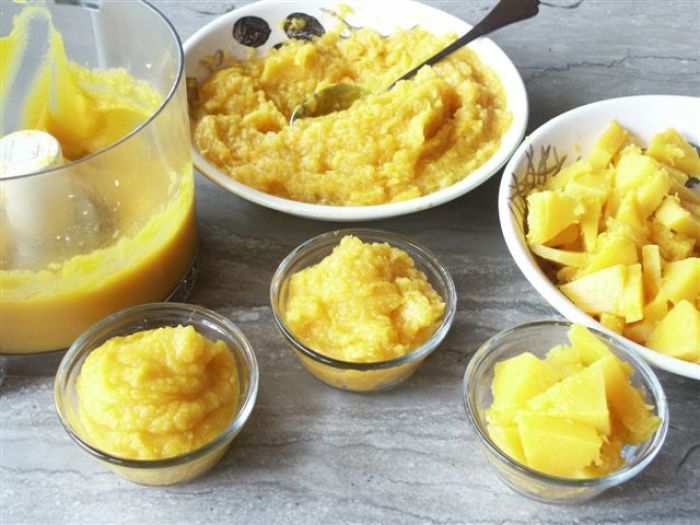
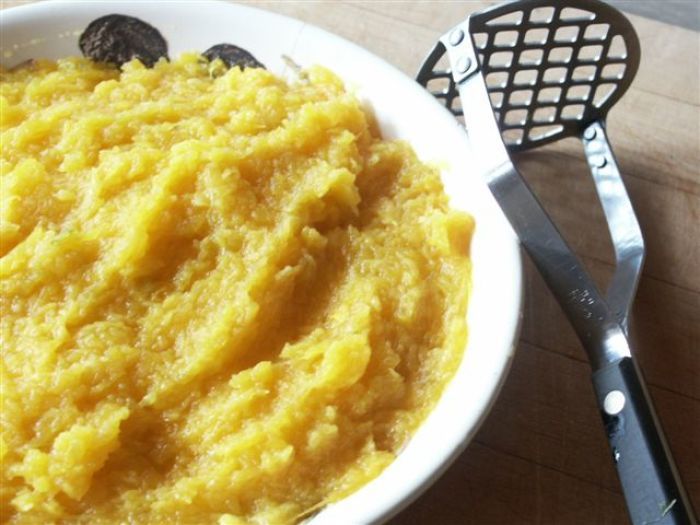

















Comments
Log in or create an account to post a comment.
Sign up Log in